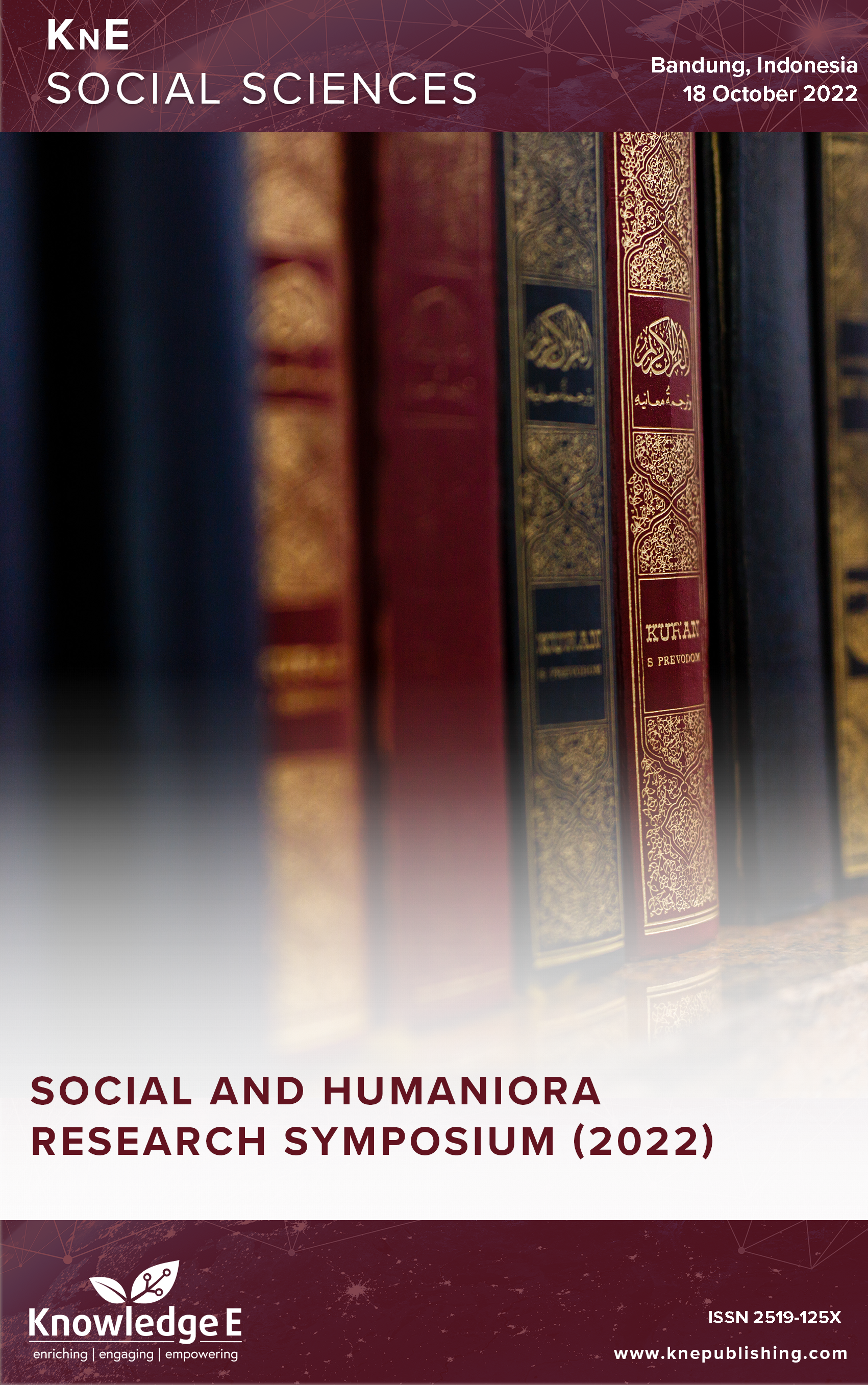Dispute Settlement Between Islamic Law State and Non-Islamic Law State: An Islamic International Law Perspective
DOI:
https://doi.org/10.18502/kss.v8i18.14196Abstract
The Islamic Law State is one of the existing state forms in real politics. When an Islamic state interacts with a non-Islamic state, conflict is inevitable. When this happens, Islamic law stipulates that all disputes must be settled in accordance with the Quran and Sunnah. This study explores what might transpire if one of the parties in conflict refused to accept the application of Islamic law to resolve the conflict. This study aims to look at the Islamic legal principles that can be used to settle conflicts between Islamic and non-Islamic states using a normative-juridical and historical approach. According to the results of the study, a dispute with a non-Islamic state must be settled amicably through an agreement whose provisions do not violate Islamic law. If this tactic does not work, though, going on a war is acceptable as long as you do it fairly and with a defensive attitude.
Keywords: Islamic law, dispute settlement, Islamic law state
References
[2] Bashir K. Islamic international law. London: Edward Elgar Publishing; 2018. https://doi.org/10.4337/9781788113861.
[3] Afsah E. ”Contested universalities of international law. Islam’s struggle with modernity.” Journal of the History of International Law. https://doi.org/10.1163/157180508X359855.
[4] Ghunaimi MT. The Muslim conception of international law and the western approach. The Hague: Martinus Nijhoff; 1968. https://doi.org/10.1007/978-94-011-9508-9
[5] Muhammad Ashri RS. Hukum INternasional dan Hukum Islam tentang Sengketa dan Perdamaian. Jakarta: Gramedia Pustaka Utama; 2013.
[6] Powell EJ. Islamic law and international law: Peaceful resolution of dispute. New York: Oxford University Press; 2020.
[7] Khadduri M. ” Islam and the modern law of nations.” American Journal of International Law. 1956;50(2).
[8] Powell EJ. ”Islamic law states and the International Court of Justice.” Journal of Peace Research. 2013;50(2).
[9] Mansur AA. Syari’at Islam dan Hukum Internasional Umum. Jakarta: Bulan Bintang; 1973.

